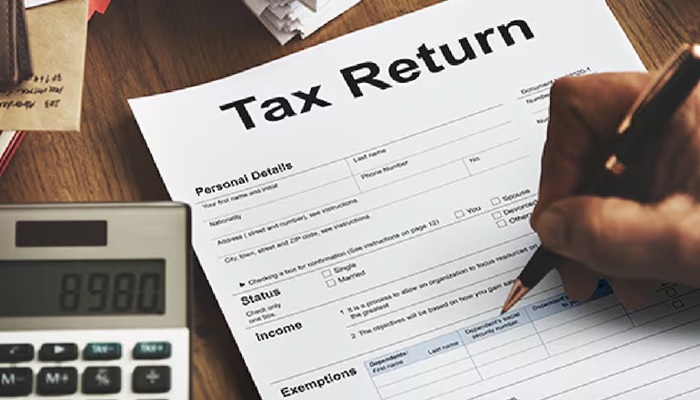It is easy to file your Income Tax Return (ITR) as a salaried taxpayer, but most of them still make unnecessary errors that will lead to notices, delay refunds, or cause lost deductions. Overreliance on Form 16, not mentioning certain income, are small errors with huge consequences. While the deadline draws near, the most frequent mistakes salaried taxpayers make—and how to stay away from them—are here are the tips.
Form 16 reliance without verification
Most employees think that their all the details of income are shown in Form 16. Even though it is an important document submitted by your employer, it may be leaving out other incomes like bank interest, rent, or capital gains. Always cross-check your Form 16 with Form 26AS and AIS to see that all your income is properly reflected.
Failure to include interest income
Interest earned on fixed deposits, recurring deposits, or saving accounts should be reported and will be taxable, even though tax at source has not been deducted. Small interests are ignored by the taxpayers, assuming that they are exempt. While interest earned on the savings account can be claimed as a deduction up to ₹10,000 under Section 80TTA, the income should be reported before the deduction can be claimed.
Filing with defective ITR form
Filing of return in a defective ITR form may render your return invalid. For salaried individuals who receive income from capital gains or from the income of two or more house property, filing ITR-1 is not allowed and they must file ITR-2. Carefully read the rules of eligibility of each form before filing.
Failure to include exempt income
Some incomes such as HRA (House Rent Allowance), LTA (Leave Travel Allowance), or interest on tax-free bonds are exempt but should be disclosed under the “Exempt Income” head of the ITR form. Failing to report them will not affect your tax outflow, but will lead to mismatches while processing or verification.
Leaving out deductions or deduction without proof
Maximum individuals are missing deductions under Section 80C, 80D, or 80G because of inadequate documentation. And then there are individuals claiming deductions but there is no evidence. Maintain proper receipts or payment vouchers in favour of all the deductions such as life insurance premium, ELSS investments, or medical insurance in case of return option for scrutiny.
Ignoring verification after filing
Your ITR return is not filed unless it’s authenticated, which most salaried tax payers do not do, since they e-file the returns but don’t authenticate using Aadhaar OTP, net banking, etc. Non-authentication of your return within 30 days of e-filing would render your return invalid and would not get processed, which would lead to subsequent issues.
A bit of care can avert a lot of problems
For salaried individuals, in-time filing of correct and complete ITR is crucial for quicker processing, quick refunds, and hassle-free peace of mind. Verify your facts, declare all income sources, fill the right form, and choose verification in time. Spare a few minutes of caution to remain compliant and not get unnecessary notices from the taxman.




















